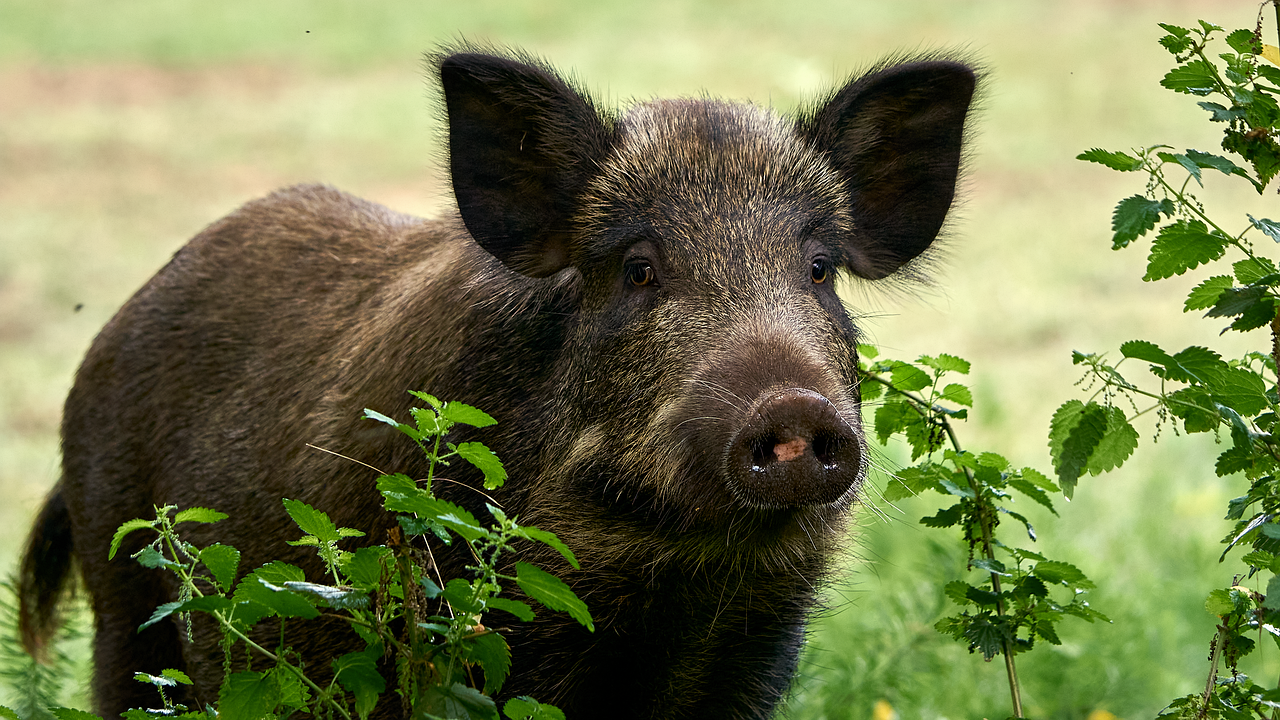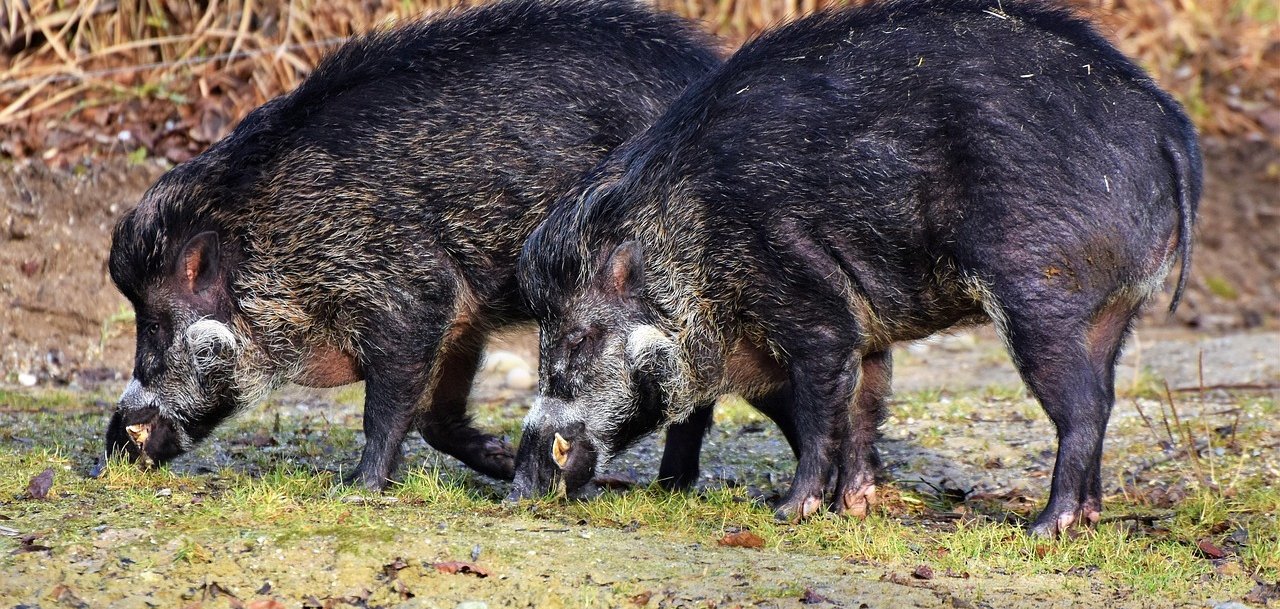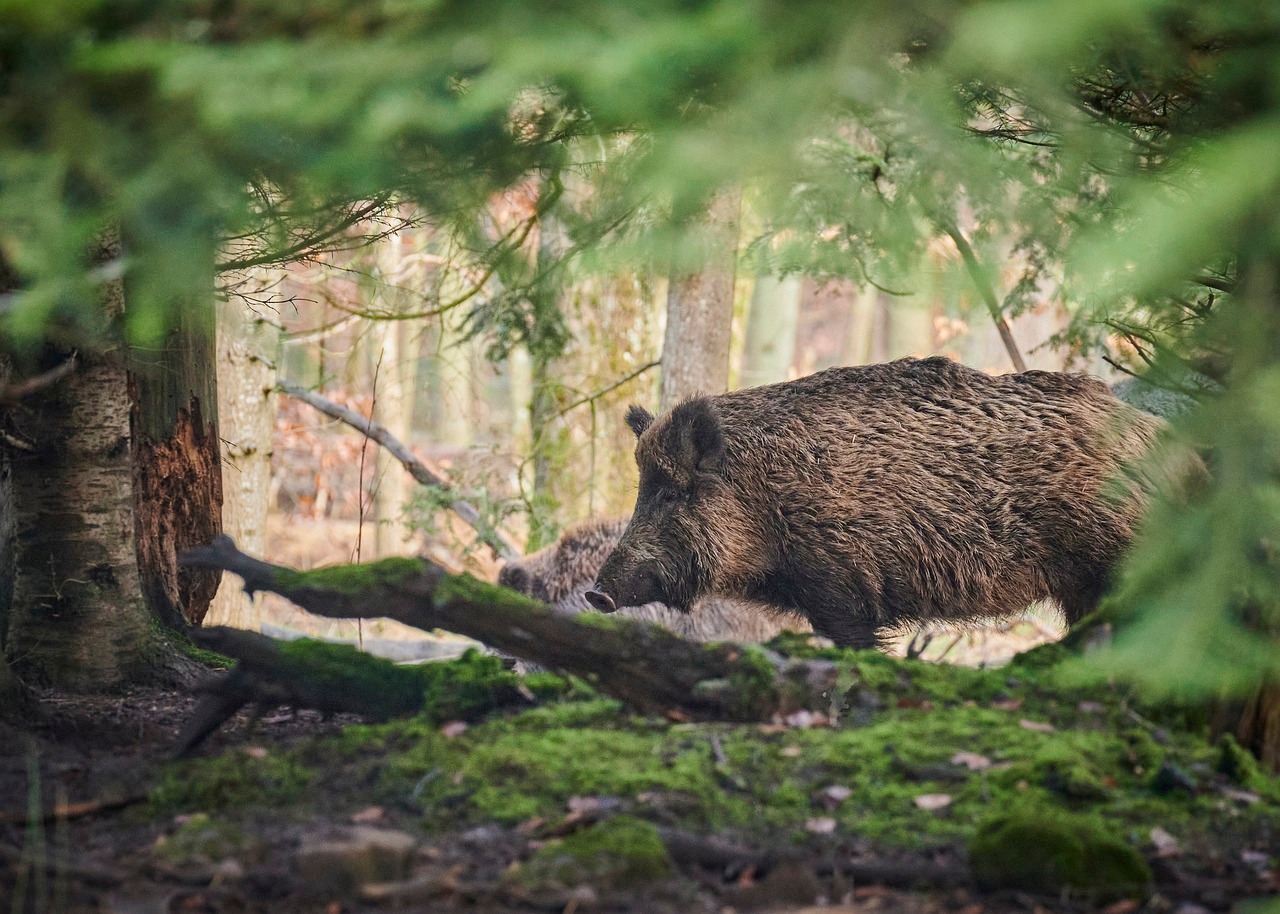
African swine fever
African swine fever
African swine fever, or ASF for short, is a highly contagious animal disease. The highly resistant virus can be transmitted via direct contact between infected and healthy pigs - in particular via blood contact. The disease can also be transmitted via contaminated feed, contaminated objects (vehicles, agricultural equipment, clothing, hunting equipment, etc.) or food.

FAQs - Frequently asked questions about ASP
The most frequently asked questions about African swine fever and the corresponding answers are summarised in an overview.

Preventive measures against the spread of the animal disease
The district of Waldeck-Frankenberg has been preparing for ASF for a long time - through educational work, early detection and prevention measures.
Important information...
...for hunters
As part of disease prevention, the district asks all those authorised to hunt to keep an eye out for so-called indicator pigs. These are sick or accidentally killed wild boars that have been found dead. Symptoms of ASF in animals that are still alive include fever, weakness, reluctance to eat, movement disorders and breathing problems, diarrhoea, bleeding from the nose, anus and/or skin bleeding and discolouration as well as abortions. In some cases, the animals show a reduced willingness to flee. If an indicator pig is found or shot, it should be sampled. Swab samples and accompanying documents are available from the district. In addition, the carcass should be secured with a tarpaulin until the results of the examination are available. If the result is negative, the tarpaulin can be recovered and the wild boar can be dealt with as usual.
...for nature lovers & tourists
- Only dispose of food waste in closed waste containers!
- Do not leave any food waste in the countryside!
- Do not bring any food from your holiday or affected regions!
- Clean your equipment thoroughly (clothing, footwear, bikes, walking poles, etc.)!
- If you are travelling from affected areas, clean and disinfect your equipment thoroughly before you arrive!
- Please do not feed leftover food to animals!
- Keep away from domestic and wild pigs!
- Do not touch any animal carcasses!
- Report any carcasses found to the responsible authorised hunter immediately!
...for pig & hobby farmers
Pig farmers should sensitively adhere to the specified biosecurity measures and register all their animals - including hobby farms - with the district authorities.



